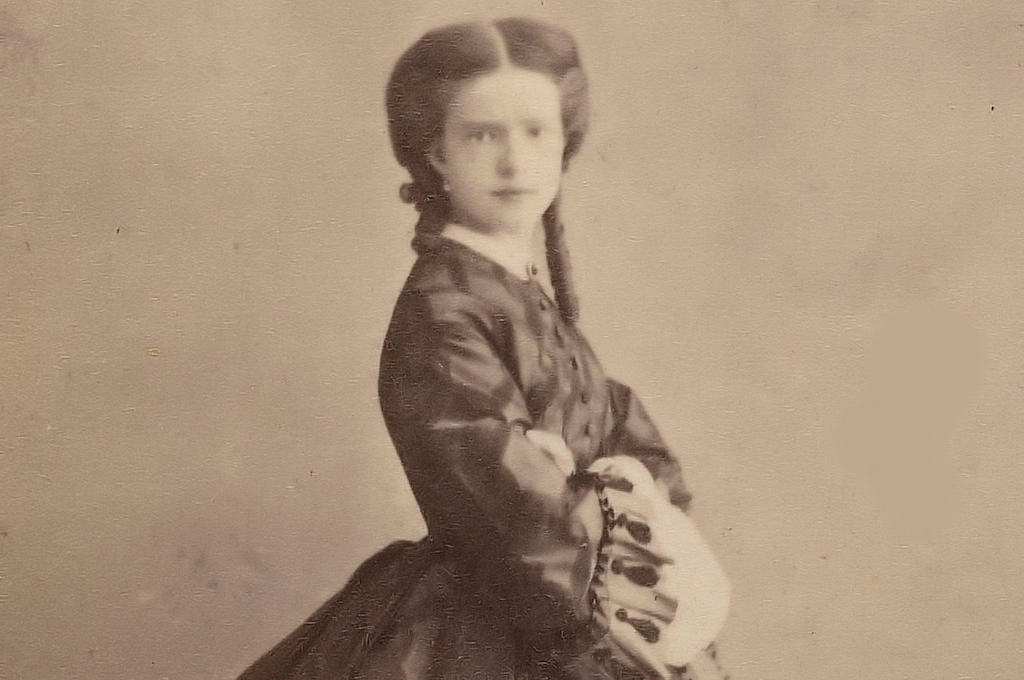Early Life and Marriage
Born on October 16, 1847, Maria Pia was the youngest daughter of Victor Emmanuel II, the first King of Italy, and Adelaide of Austria. Her upbringing was surrounded by royalty, with siblings who held titles such as King Umberto I of Italy and King Amadeo of Spain. However, Maria Pia experienced her share of heartache as well, as her three younger brothers died prematurely.At the tender age of 14, Maria Pia married King Luís I of Portugal on October 6, 1862, in a grand ceremony held in Lisbon. Despite her youth, Maria Pia embraced her role as queen consort with grace and maturity. Their union was blessed with children, and Maria Pia found immense joy in motherhood. Her firstborn, Carlos, Duke of Braganza, arrived just a year after their wedding, followed by another son, Afonso, Duke of Porto. Tragically, Maria Pia also experienced the pain of miscarriage or stillbirth, losing a son named Miguel.
A Life of Charity and Compassion
Maria Pia's reign as queen was characterized by her extensive charitable works and her unwavering dedication to the Portuguese people. Known as the "angel of charity" and the "mother of the poor", she tirelessly championed social causes and extended her helping hand to those in need. Her efforts endeared her to the hearts of the Portuguese, who admired her kindness and selflessness.While some perceived Maria Pia as extravagant, her expenditures were often justified by her commitment to her role as queen. In response to criticism from the Portuguese parliament about her expenses, she boldly proclaimed, "If you want a Queen, you have to pay for her". Her influence was not limited to philanthropy alone, as she also played a significant role in the design and decoration of the Ajuda Royal Palace in Lisbon, which continues to serve as a venue for state banquets.
Challenges and Personal Struggles
Though Maria Pia's reign was marked by acts of benevolence, she faced personal challenges and hardships. Her husband, King Luís I, engaged in numerous extramarital affairs, causing her considerable distress. Despite his infidelity, Maria Pia remained steadfastly loyal to her husband, a testament to her unwavering commitment and love.Rumors of her own alleged affair with Thomas de Rosa Sousa circulated, but no concrete evidence was ever found to support these claims. Maria Pia faced the rumors with resilience and dismissed them with indignation, refusing to let gossip tarnish her reputation.
Lisbon.vip Recommends
Family Tragedies and Exile
Maria Pia's life was marred by family tragedies. Her son Carlos and his wife, Amelie, experienced the heartbreaking loss of a premature daughter named Maria Ana. This loss resonated deeply with Maria Pia, who had always longed for a daughter and understood the pain of such a profound loss. The queen's anguish intensified with the assassination of her son, King Carlos I, and her grandson, Crown Prince Luís Filipe, Duke of Braganza, on February 1, 1908. These tragic events left her devastated and plunged the nation into mourning.The political landscape in Portugal further complicated Maria Pia's later years. The 1910 revolution brought an end to the monarchy, leading to the exile of the entire Portuguese royal family. King Manuel II, Maria Pia's remaining grandson, and his wife sought refuge in England, while Maria Pia and Infante Afonso, her son, returned to her native Italy. It was there that Maria Pia passed away on July 5, 1911, in Stupinigi, and she was laid to rest in the Basilica of Superga.



